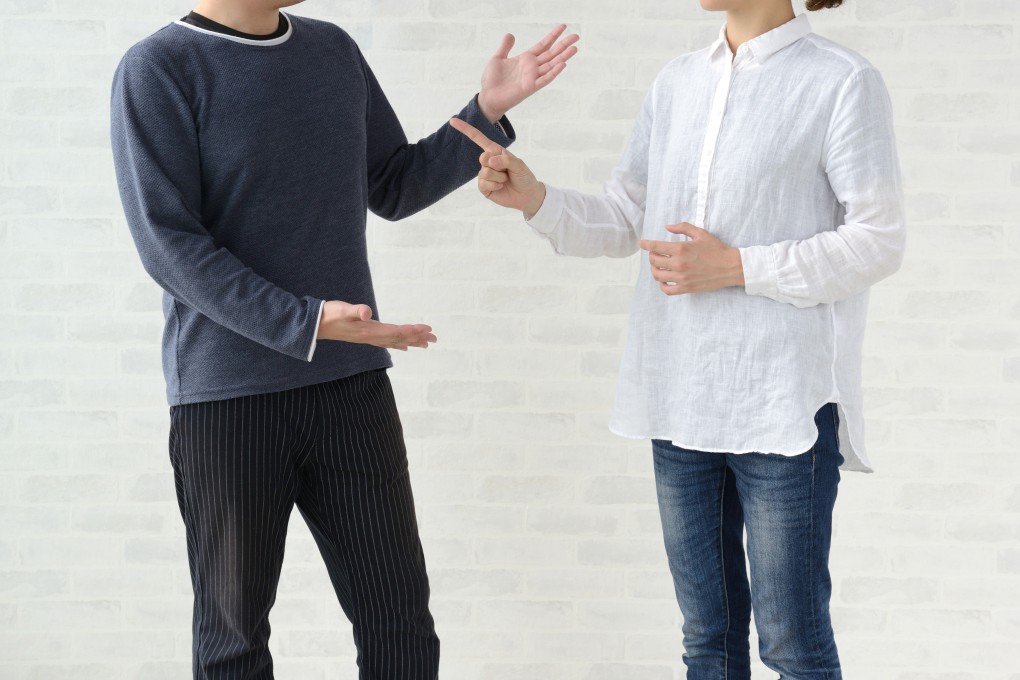‘Corona divorce’ trends in Japan as couples in lockdown grow fed up with each other
- The term has become widely used on Japanese social media sites as couples forced to stay home air grievances about their marriages
- Many of the posts are frustrated wives venting about inconsiderate or demanding husbands

Twitter, in particular, is serving as a forum for frustrated wives to vent about inconsiderate or demanding husbands, with many messages including hints – veiled or otherwise – that they are at the end of their tether.
Reports suggest couples who are being forced together in other parts of the world are facing similar challenges to their relationships, but the term “corona divorce” resonates particularly in Japan. In the 1980s, the term “Narita divorce” took hold to describe newlywed couples returning to Tokyo’s Narita Airport after their honeymoon and deciding to go their separate ways because they realised they had nothing in common.
How many more days will it last? Will my spirit hold?
“My husband’s loud voice. The sounding of him coughing and eating. The television is on loudly all day. My husband snoring as he lays in the middle of the living room,” wrote one Japanese wife on Twitter. “I’ve put up with this for 10 days. How many more days will it last? Will my spirit hold?”

Another tweeted: “My husband drinks, he moves around, he does not wash his hands and doesn’t know what to do in the kitchen. This misalignment between husbands and wives usually works itself out – but for me, this is a chance to seriously think about my future.”
One message was signed “Miserable” and claimed her husband considered her to be little more than a housekeeper.
Another, using the ominous hashtag “Husband death note”, asked rhetorically: “Is it easier to get a divorce? Will that refresh me? I want to rid myself of all my worries. I want to rediscover myself. It’s dark every day. I’m sick of you looking. I’m always worried. I just sigh.”